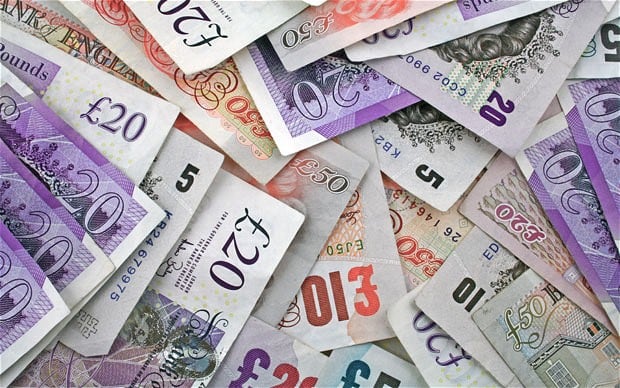This was a question which, in a recent interview, I was asked, and to say the least, I was stumped. Some people like carrying around money, some people don’t trust the banking system, the shadow economy… were all things I drew on in an attempt to give a reasonable answer. Having done some actual research on the question, here’s some insights into the question both for general interest, and so that you and I can ace that question if it ever comes up in another interview.
This morning I paid for my apple with Apple Pay, I bought my outfit for a party using Paypal and transferred some money I owed to my friend using online banking. As the economy becomes increasingly digital, people are increasingly asking themselves, is cash just a phase, and will it once seem a means of transaction about as unimaginable as the days of a barter economy? In my opinion, probably not.
As for statistics, In the US, cash in circulation grew 42% between 2007 and 2012. In the Netherlands, despite 1,400 supermarkets which don’t accept cash, an estimated 4 billion payments were made with cash compared with just 2.7 million card payments. Cash, as far as the latest (2015) figures go, accounts for 45.1% of payments.
Paying with cash is generally fee-less. Card transactions on the other hand are subject to fees which banks charge merchants following payments made with cards. This fee is then passed onto the consumer either directly or indirectly in terms of higher prices; this is especially noticeable in parts of the world where banking isn’t free. A side note on this, holiday-goers often prefer to have cash to avoid large fees they may face when trying to use their bank card abroad.
Secondly, a 2014 study by the Cash Product Office found that “the largest demographic of cash users is people aged 18-24” suggesting that future generations may in fact become less, as opposed to more, reliant on using just digital ways of payment.
The survival of cash is also closely connected to the human mind and the relationship we have with notes and coins. Your £50 Morrisons shop seems a lot more expensive when you hand over £50 of notes than when you pop your card into the machine. Cash is tangible and consumers have a unique psychological attachment to it compared with a card.
Students who are trying to save, often bring £20 out for a night-out, to ensure they can’t spend more than this as using Apple Pay quite often feels like you aren’t actually losing money. Venues whose card machines are broken, will demand customers who have cash.
Above all, cash is a reliable, tangible, widely accepted method of payment. The convenience of cash and the anonymity it allows are sure reasons to predict that cash will always have its place, in the world economy. And if you’re still not convinced, can you really imagine a birthday without your Great Aunt Gloria giving you those 3 pounds pocket money that you must spend wisely?
Chloe Pryce
[Image: The Telegraph]

